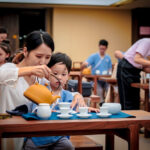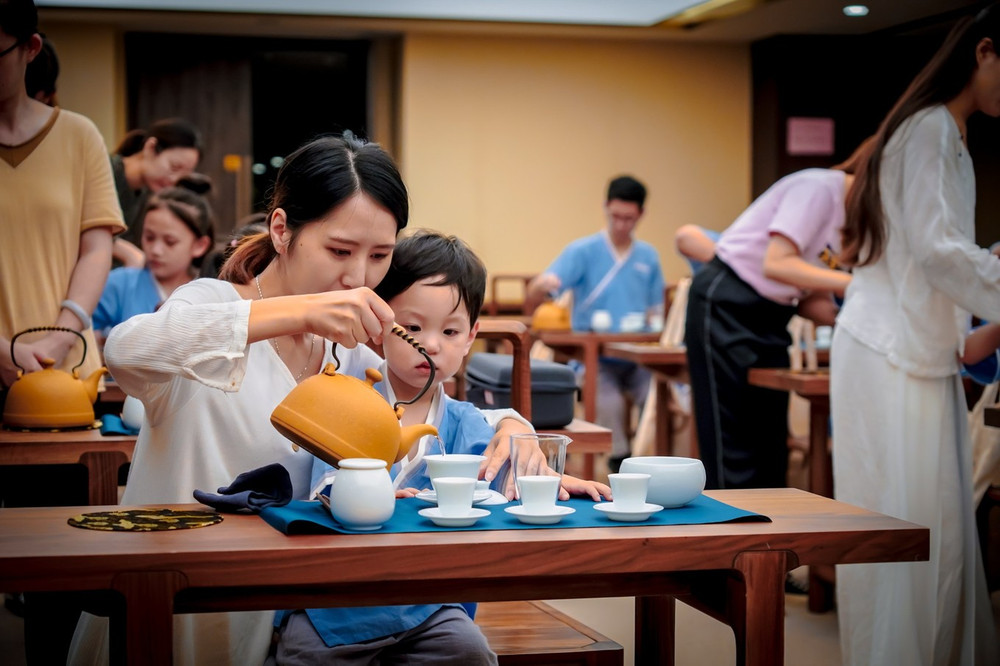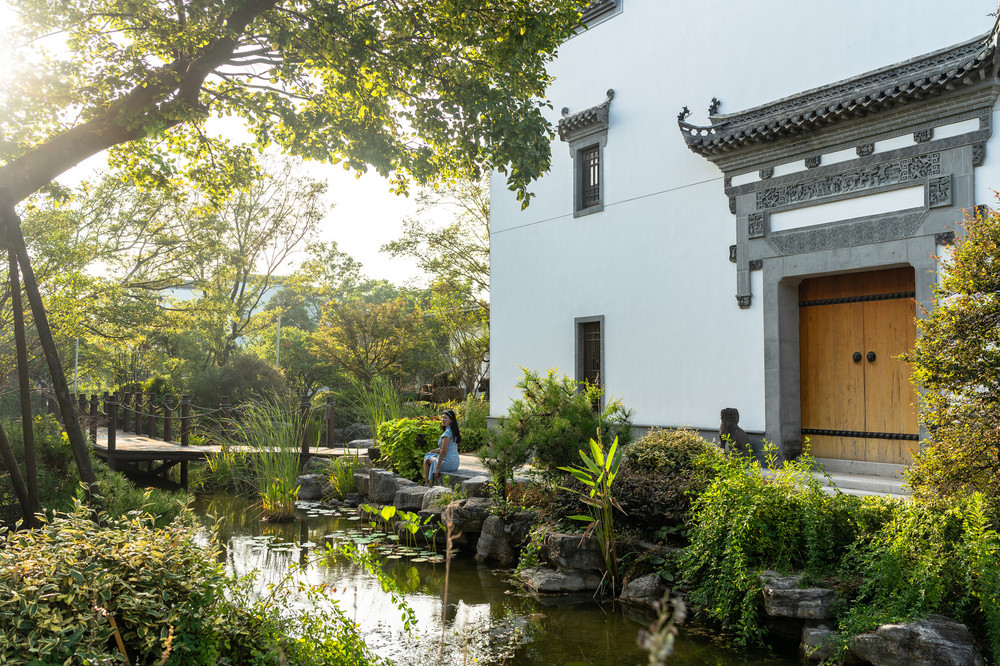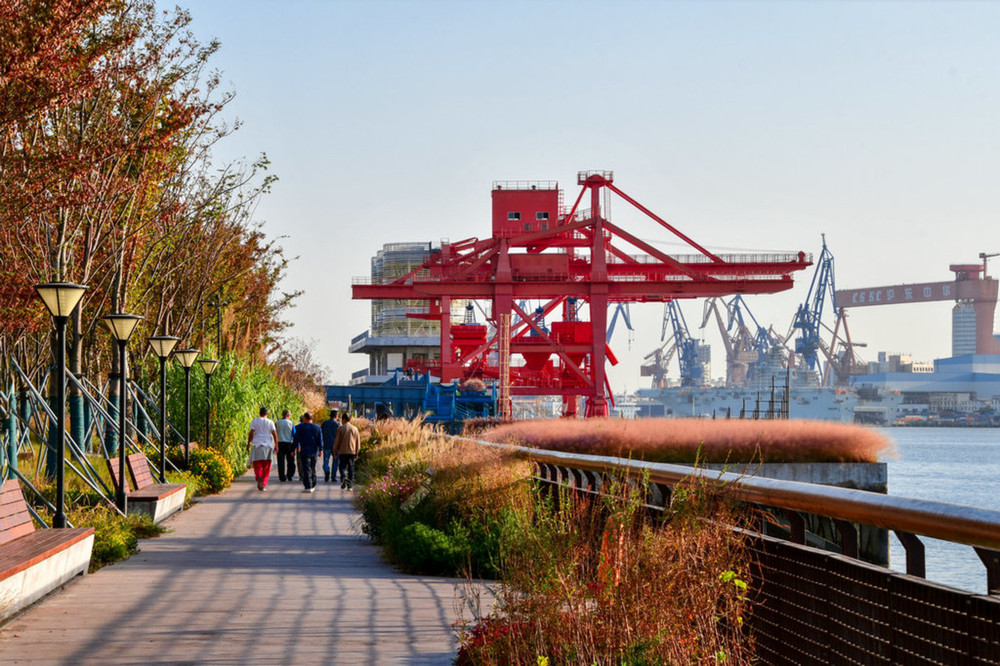New Year’s Day (January 1): China celebrates New Year’s along with the rest of the world on this day.
Chinese New Year (February 10 – 17): The Spring Festival is a significant holiday in China.
Tomb-Sweeping Day (April 4 – 6): A time for commemorating ancestors.
Labor Day (May 1 – 5): A holiday for workers.
Dragon Boat Festival (June 8 – 10): Celebrated with dragon boat races and zongzi.
Mid-Autumn Festival (September 15 – 17): A time for family reunions and mooncakes.
National Day (October 1 – 7): A major holiday in China.
China public holidays include New Year’s Day, Chinese Spring Festival (from Lunar New Year’s Eve to the sixth day of the New Year), Qingming Festival, Labor Day, the Dragon Boat Festival, Mid-Autumn Festival, and National Day. Holidays except Chinese Spring Festival and National Day are usually 3-day holidays created by combining weekends. Two events dominate the holiday calendar: Chinese New Year (winter) and National Day (fall). These are when most people get significant time off work and return home or travel. Several additional national holidays complete the annual holiday calendar.
As the Year of the Dragon approaches, Trip.com offers a guide to major holidays in China, focusing on events and celebrations in the Chinese mainland. Are you ready to embrace the Year of the Dragon? Here’s everything you need to know about the huge annual holiday in 2024.
The Chinese Holiday Calendar: The Gregorian calendar is the most common system for marking time. Despite its ubiquity, many cultures and religions still rely on lunisolar calendars. The traditional Chinese calendar is lunisolar and many cultural holidays in Mainland China are observed according to it. Each year at the end of November or start of December, the General Office of the State Council in China publishes the official holiday dates for the coming year. At present, there are seven official public holidays in the Chinese mainland.
Makeup Work Days: Foreigners working in the Chinese mainland are often shocked by the so-called makeup work days. During major public holidays, the Chinese government requires workers to make up one or two rest days by working on weekends before or after a holiday vacation. This aspect of Chinese holiday life is tolerated begrudgingly, even though many people express dissatisfaction. Considering weekends as part of provided vacation adds to the oddities of holiday time off in the Chinese mainland. Businesses trumpet their generosity in offering employees significant vacations while including weekends and demanding makeup days.
Chinese New Year, also known as the Spring Festival or Lunar New Year, is the most important and widely celebrated festival in China and other East Asian countries. It is a time for family reunions, visiting relatives and friends, and exchanging greetings and well wishes for the new year. Each lunar year in China corresponds to one of the 12 animals in the Chinese zodiac, and the upcoming year is the Year of the Dragon. Traditionally, Chinese government workers and employees of large corporations receive 7 days off for the Spring Festival; however, many opt for even longer vacations to visit family and mark the full 15-day festival with lavish dinners, gifts, and other practices. One of the traditions is to watch the Spring Festival Gala on Chinese New Year’s Eve, which intermingles singing, dancing, comic sketches, opera, folk arts, and Chinese zodiac elements with harmony and reunion as the main themes.
Tomb-Sweeping Day, also known as Qingming Festival, falls on the first day of the fifth solar term in the Chinese traditional calendar. It is both a natural solar term and a traditional festival when people usually have outings in spring, sweep graves, bring offerings, and pray to their relatives and ancestors who have passed away. People prepare foods favored by the deceased or other items thought to be useful in the afterlife. In some places, people prepare elaborate paper-based gifts that include representations of various mundane items such as new glasses, clothing, or even a type of paper currency thought to be useful to the departed. The Tomb-Sweeping Day is observed as a 3-day holiday by the Chinese government and other large businesses.
International Worker’s Day, also called Labor Day holiday, is an international holiday generally celebrated on May 1 each year in over 80 countries worldwide. The Labor Day originated in the United States in the late 1880s. The vacation period for Chinese employees extends up to 5 days; however, this usually overlaps with a weekend, which means that people generally only receive 3 days off work. Celebrations are mostly individual with some localities holding public ceremonies to bestow recognition on laborers while extolling their contributions to society.
The Dragon Boat Festival, also known as the Duanwu or Tuen Ng Festival, is a traditional Chinese holiday whose origins date back to the Warring States era (475 – 221 BC). Regarded as one of China’s major traditional festivals, the Dragon Boat Festival has been celebrated on the fifth day of the fifth month of the Chinese lunar calendar for millennia. China, as the place of origin, is abundant in celebrations and traditions, with diverse festivities that vary from region to region throughout the country, with ‘zongzi’ – rice dumplings wrapped in bamboo leaves – and dragon boat races being two of the most distinctive and representative elements of the festival.
The Year of the Dragon 2024 in China is marked by several significant public holidays, each with unique traditions and activities.
Many Asian countries, such as Singapore, South Korea, Japan, and Vietnam, celebrate these festivals with various activities and customs influenced by traditional Chinese culture. These celebrations have also been introduced to countries in Europe and the Americas by Chinese immigrants, and are mainly celebrated with dragon boat races.
The Mid-Autumn Festival, celebrated on the 15th day of the eighth month of the Chinese lunar calendar, is usually marked by family reunions, enjoying the sights of the full moon, and eating mooncakes. This festival is not just about family reunions; it’s also about the joy of harvesting, romance, and the harmony between humans and nature.
The final public holiday in China is the National Day holiday, which falls every year on October 1. Chinese citizens enjoy a week-long holiday (Golden week) for the National Day. Chinese National Day is celebrated on October 1 every year to commemorate the founding of the People’s Republic of China. On that day, many large-scaled activities are held nationwide.
Falling in the autumn season with cool weather and comfortable temperatures, Chinese National Day holiday is a golden time for travel. It is the longest public holiday in China besides the Chinese New Year. The weeklong holiday enables both short-distance and long-distance trips, resulting in a boom of tourist revenue, as well as an overwhelming tourist crowd.









